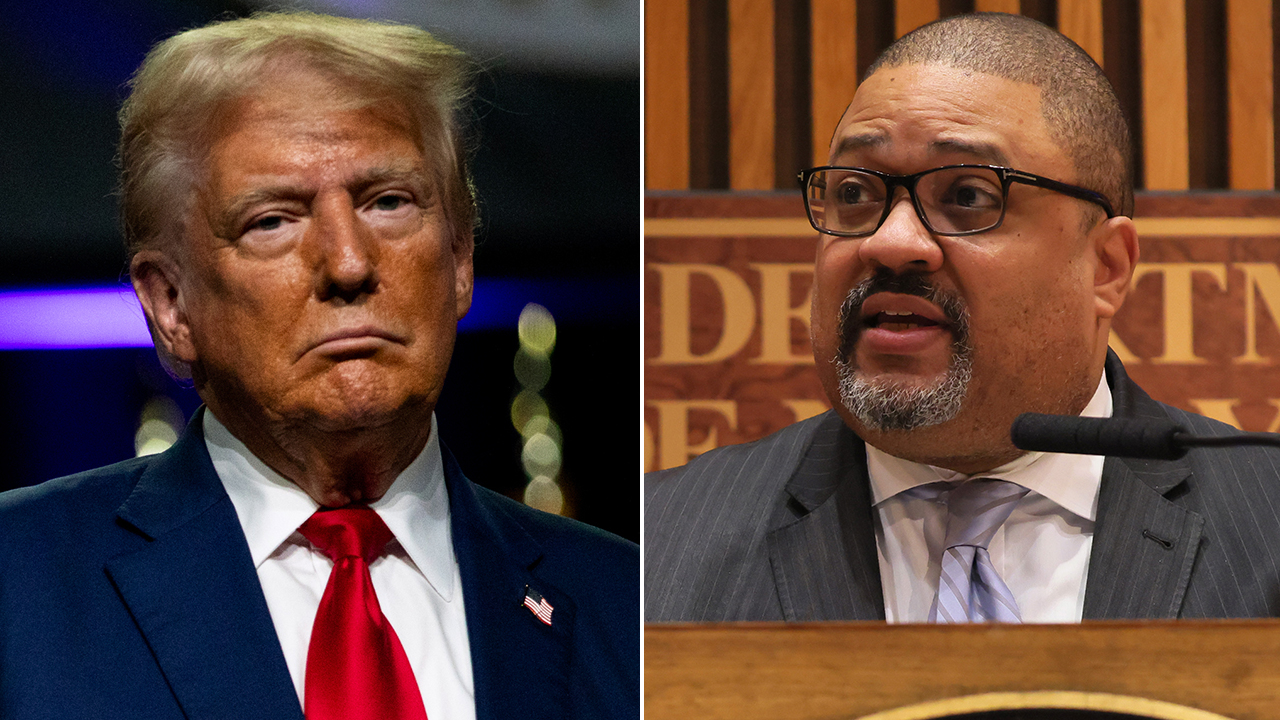Judge rejects Trump request to toss Bragg charges in New York on basis of presidential immunity

Judge Juan Merchan’s decision to reject Trump attorneys’ request to dismiss charges brought against him by Manhattan District Attorney Alvin Bragg on the basis of presidential immunity marks a significant development in the ongoing legal battle. This ruling comes after President-elect Trump and his legal team sought to overturn his guilty verdict in New York v. Trump, citing the U.S. Supreme Court’s precedent that presidents have immunity for official acts.
Merchan’s ruling hinged on the argument that the evidence presented in the trial pertained to unofficial conduct and therefore did not warrant immunity protections. He emphasized that even if the evidence could be considered official conduct within the scope of the President’s authority, it did not pose a threat to the Executive Branch’s function. Moreover, Merchan concluded that any errors in the introduction of contested evidence were harmless given the overwhelming evidence of guilt.
Despite the rejection of the motion to dismiss, Merchan has yet to rule on President-elect Trump’s formal request to dismiss the case entirely. In response to the decision, Trump’s spokesman and incoming White House communications director, Steven Cheung, criticized the ruling as a violation of the Supreme Court’s immunity doctrine and called for the immediate dismissal of the case to allow President Trump to focus on his transition process and presidential duties.
The case against Trump revolves around 34 counts of falsifying business records stemming from an investigation into alleged hush money payments conducted by the Manhattan District Attorney’s Office. Former Manhattan DA Cyrus Vance initiated the probe, and Bragg took over prosecution duties. Following a six-week trial in New York City, a jury found Trump guilty on all charges.
In a bid to challenge the trial’s outcome, Trump’s legal team pointed to the Supreme Court’s immunity ruling and argued that certain evidence of official acts should not have been admitted during the proceedings. They specifically cited testimony from former White House officials, presidential responses to inquiries, and social media posts as impermissible evidence.
Meanwhile, Trump’s attorneys recently filed a motion to dismiss the charges, labeling the case as “failed lawfare” driven by political motives. They argued that allowing the case to proceed would disrupt Trump’s transition efforts and executive powers granted by the Constitution. Bragg, on the other hand, sought to delay the case until the end of Trump’s term, but the Office of Legal Counsel deemed this approach untenable.
As the legal battle continues to unfold, the fate of the case remains uncertain. Stay tuned for further updates on this developing story.
**Author:** Brooke Singman, Political Correspondent and Reporter for Fox News Digital, Fox News Channel, and FOX Business.




